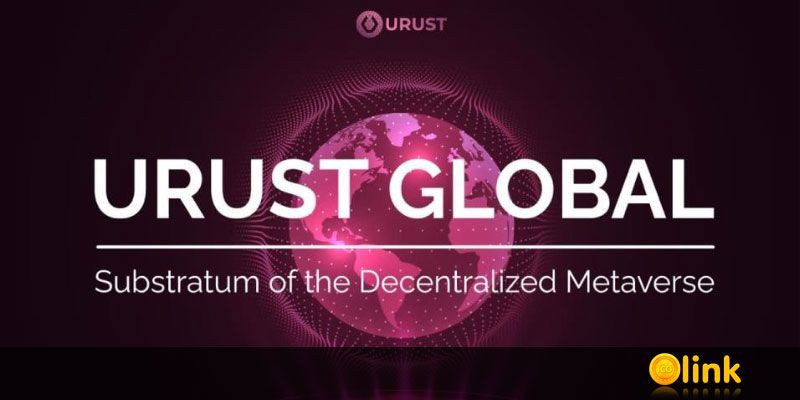2 minutes reading time
(444 words)
URUST GLOBAL Set Their Sight on Decentralised Metaverse
Metaverse is undoubtedly becoming part of everyone's future. While this is exciting, it does raise a philosophical question which is in whose hand that future will be? As our society values freedom above all else, it is necessary to keep the provisioning of Metaverse and its inclusion in the control of the people, as opposed to leaving it for a selected few Big Tech.
The foremost and utmost holy grail of Urust Global is to bring forth the substratum for the Decentralized Metaverse. They focus on two key facets that are essential to all Metaverse interactions, which is Identity and Transaction.
Urust Global builds upon the Decentralised Identity mechanisms to provide each user with a consolidated ID which she can use to login to any Services and Apps in the Metaverse. More importantly, Urust Global provides a unified payment hub that handles both fiat and crypto currencies alike, regardless of its central-bank issuers nor its underlying chain. Their payment platform integrates Ripple Network, and thereby attains up to 300 times cheaper processing fee and 100,000 times faster processing time than conventional banks.
The platform is offering cross-chain swap service for crypto-currency live. This function supports swaps between cryptos belonging to the same chain via interfacing with the prominent AMMs, as well as atomic swaps between cryptos belonging to different chains. This is indeed very beneficial to DeFi users.
Their whitepaper and projected roadmap indicate they are working with Decentralized Identity Foundation, indicating they are on the forefront of the Web 3.0 landscape. It is also worth noting that they are planning to obtain Lithuania's Electronic Money Institute license by 2024. If the team follows through with their plan, they will be a serious contender in the Web 3.0 and Metaverse realms.
We found the tokenomics of Urust Global rather straightforward, with a round of strategic offer (equivalent to private sale) followed by a fair launch. It seems that tokens offered to their strategic partners are subject to certain locking, to the tune of at least one-year. A more interesting bit is their attention paid towards the security issue. They already completed a proper audit prior to their offering, which is a good thing.
- Website: https://urust.com/
- Twitter: https://twitter.com/UrustGlobal
- Telegram: https://t.me/URUST_Official
- Medium: https://medium.com/@UrustGlobal
Related Posts:
30 June 2023
10 February 2023
28 December 2022
30 November 2022
Tags:





